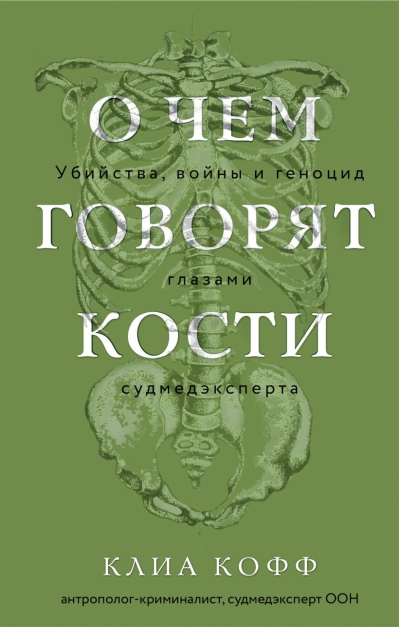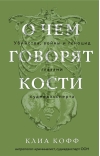What the Bones Say: Murder, War, and Genocide Through the Eyes of a Forensic Scientist
9.99 €
Out of stock
A world-renowned forensic expert examines the remains of civilians at the sites of military conflicts over the past decades: in Rwanda, Kosovo, Bosnia and Croatia.
In order to bring charges of genocide and crimes against humanity, the UN needs to prove that the bodies found belong to civilians. To do this, two questions need to be answered: who the victims were and how they were killed. The only people who can answer these questions are forensic anthropologists. One of them is the author of this book, Clea Koff.
At just 23 years old, Clea Koff traveled to Rwanda, joining a team of scientists excavating human remains to study the Tutsi genocide. She would later have to study mass graves in Bosnia, Croatia and Kosovo, and what she saw would change her forever. Her book is half memoir, half field diary of what she saw: the exhumation of nearly five hundred bodies from a single grave in Kibuye, Rwanda; the discovery of wire-bound victims of the Srebrenica massacre in Bosnia; excavations in Kosovo in front of the victims' relatives; and much, much more.
Recounting the sometimes heartbreaking details of her work - the hellish working conditions, the UN bureaucracy and the clash with survivors' grief - Koff infuses her story with a tremendous sense of hope, humanity and justice. She is convinced that although the authorities may distort versions of what happened, the bones never lie.
In order to bring charges of genocide and crimes against humanity, the UN needs to prove that the bodies found belong to civilians. To do this, two questions need to be answered: who the victims were and how they were killed. The only people who can answer these questions are forensic anthropologists. One of them is the author of this book, Clea Koff.
At just 23 years old, Clea Koff traveled to Rwanda, joining a team of scientists excavating human remains to study the Tutsi genocide. She would later have to study mass graves in Bosnia, Croatia and Kosovo, and what she saw would change her forever. Her book is half memoir, half field diary of what she saw: the exhumation of nearly five hundred bodies from a single grave in Kibuye, Rwanda; the discovery of wire-bound victims of the Srebrenica massacre in Bosnia; excavations in Kosovo in front of the victims' relatives; and much, much more.
Recounting the sometimes heartbreaking details of her work - the hellish working conditions, the UN bureaucracy and the clash with survivors' grief - Koff infuses her story with a tremendous sense of hope, humanity and justice. She is convinced that although the authorities may distort versions of what happened, the bones never lie.












